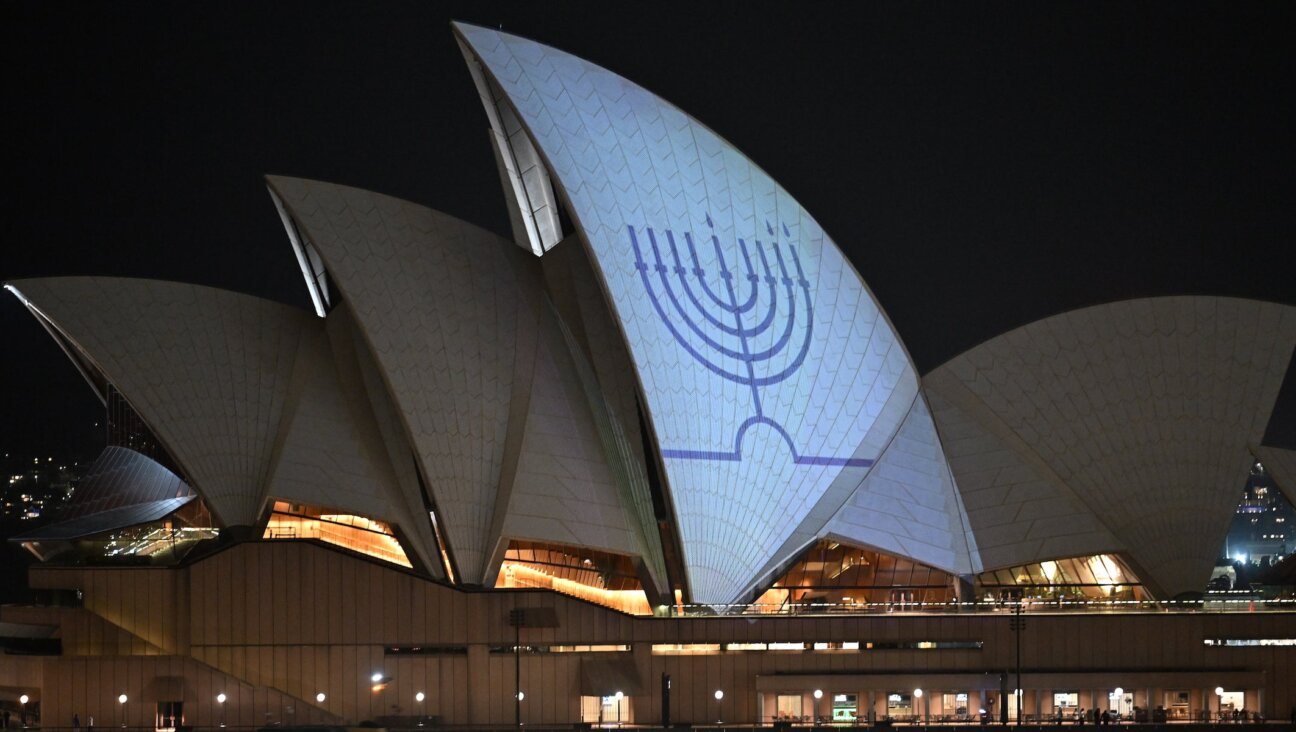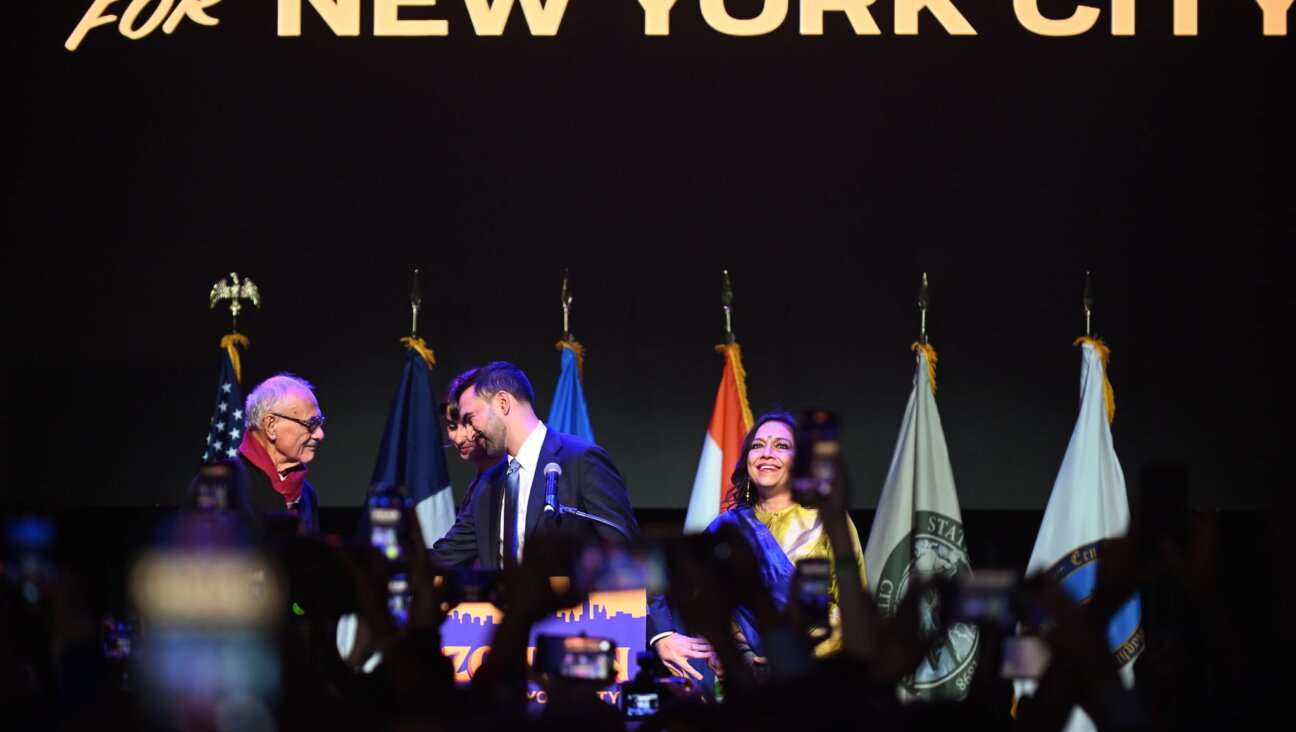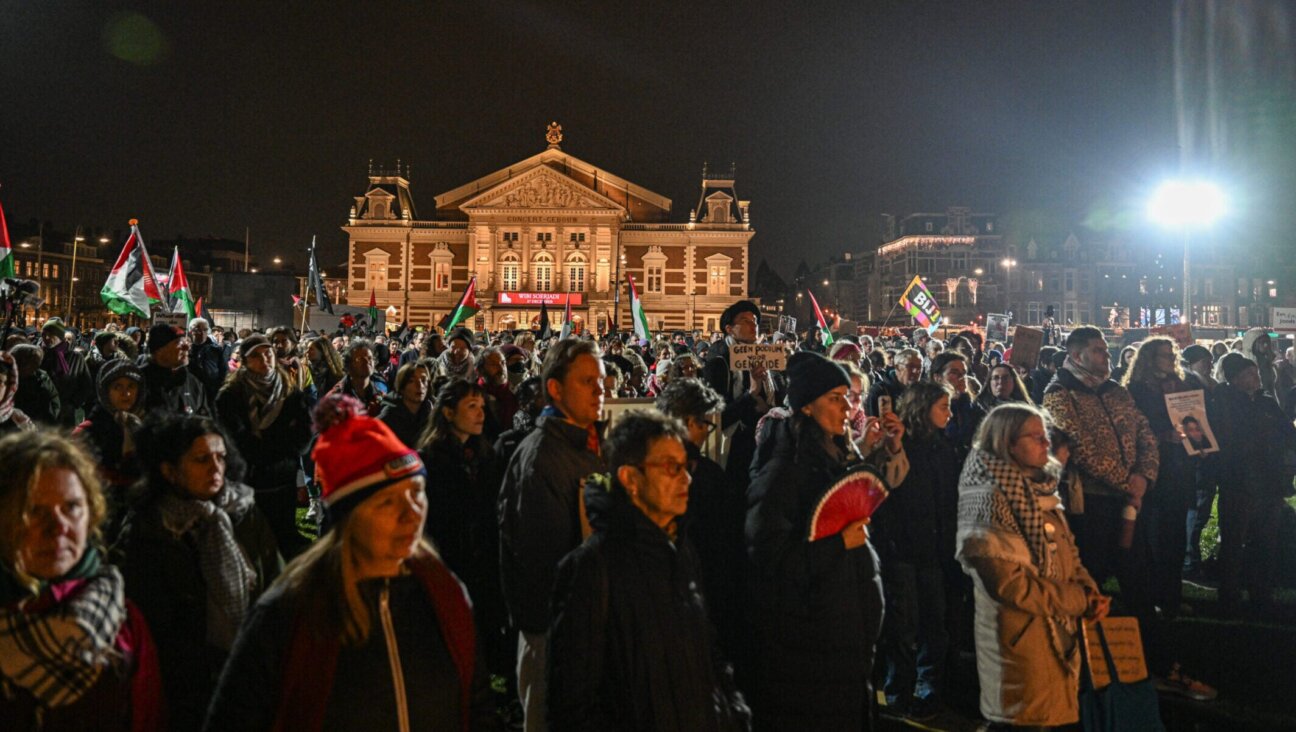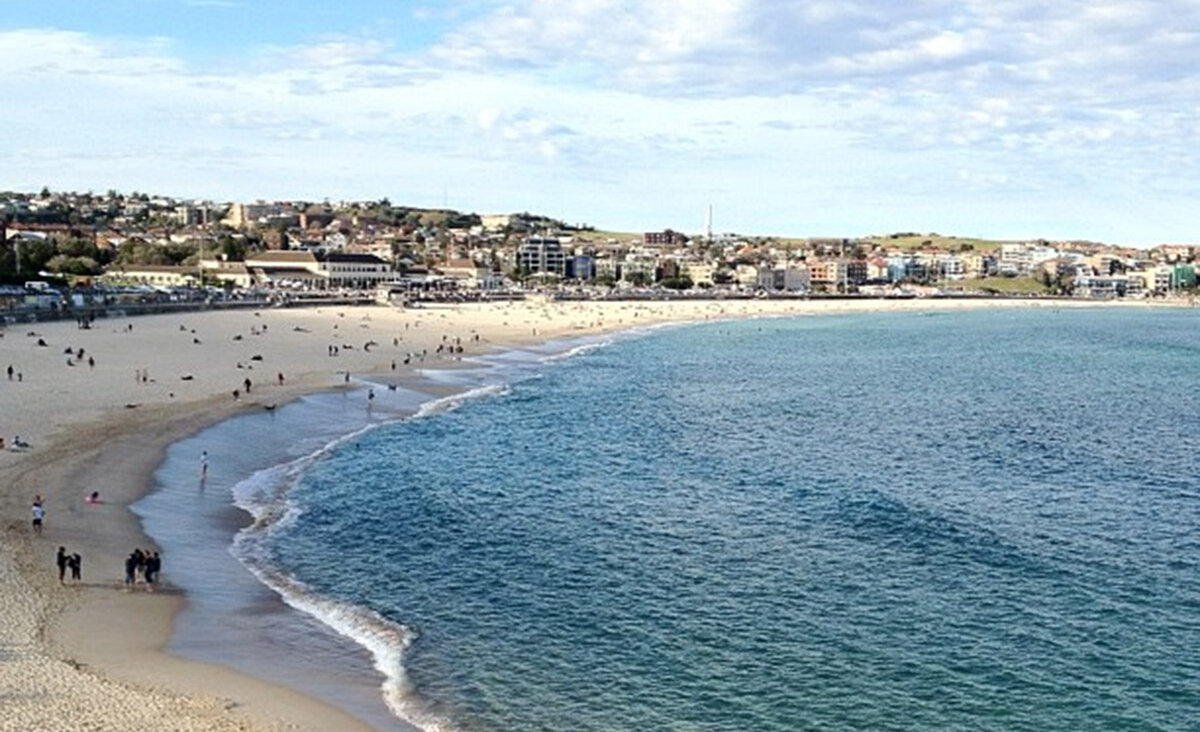Barack Obama Plays Tourist-in-Chief in Visit to Ancient City of Petra

Pass the Binoculars: President Obama wrapped his Mideast trip by playing tourist for the day, visiting the incredible ancient city of Petra in Jordan. Image by getty images
President Barack Obama marvelled at the sights of Jordan’s ancient city of Petra on Saturday as he wrapped up a four-day Middle East tour by setting aside weighty diplomatic matters and playing tourist for a day.
The visit followed a trip to Israel and the Palestinian Territories that was capped by Obama’s brokering of a rapprochement between Israel and Turkey but which offered little more than symbolic gestures toward Middle East peacemaking.
Before heading to Petra, Obama used his stop in Jordan to ratchet up criticism of Syrian President Bashar al-Assad, but he stopped short of promising military aid to Syrian rebels to help end a two-year-old civil war that has claimed 70,000 lives.
U.S. officials privately voiced satisfaction with the results of Obama’s first foreign trip of his second term, but the president’s aides had set expectations so low that it was not hard to proclaim it a mission accomplished.
Shifting into sightseeing mode on Saturday, Obama flew by helicopter to Petra and took a walking tour of the restored ruins of a city more than 2,000 years old which is half-carved into sandstone cliffs.
Ordinary tourists had been cleared out for the president’s visit, and guards with assault weapons dogged his every step.
“This is pretty spectacular,” the president, wearing sunglasses, khaki trousers and a dark jacket, said as he craned his neck to look up at the Treasury, a towering rose-red façade cut into a mountain. “It’s amazing.”
The U.S. president arrived in Jordan on Friday after an unexpected diplomatic triumph in Israel, where he announced a breakthrough in relations between Israel and Turkey after a telephone conversation between the countries’ prime ministers.
Israeli premier Benjamin Netanyahu apologised on behalf of his country for the killing of nine Turkish citizens in a 2010 naval raid on a Gaza-bound flotilla, and the two feuding U.S. allies agreed to normalise ties.
The 30-minute call was made in a runway trailer at Tel Aviv airport, where Obama and Netanyahu huddled before the president boarded Air Force One for a flight to Jordan.
The rapprochement could help Washington marshal regional efforts to contain spillover from the Syrian civil war and ease Israel’s diplomatic isolation in the Middle East as it faces challenges posed by Iran’s nuclear programme.
During his visit, Obama appeared to have made some headway in easing Israelis’ suspicions of him, calming their concerns about his commitment to confronting Iran and soothing his relationship with the hawkish Netanyahu.
Obama attempted to show Palestinians he had not forgotten their aspirations for statehood but he left many disappointed that he had backtracked from his previous demands for a halt to Israeli settlement building in the occupied West Bank.
The president offered no new peace proposals but he promised his administration would stay engaged while putting the onus on the two sides to set aside mutual distrust and restart long-dormant negotiations – a step the president failed to bring about in his first term.
As Obama’s critics were complaining that his Middle East trip was heavy on symbolism and lacking in substance, the last-minute move toward Israeli-Turkish reconciliation gave his aides a chance to tout a tangible achievement.
On the last leg of his trip, Obama promised further humanitarian aid in talks with Jordan’s King Abdullah, a close ally, as the economically strapped country grapples with a refugee crisis caused by Syria’s civil war.
Obama also used the opportunity to underscore U.S. wariness about arming rebels fighting to overthrow Assad, despite pressure from Republican critics at home and from some European allies to do more.
He warned that a post-Assad Syria could become an “enclave” for Islamist extremism and insisted it was vital to help organise the Syrian opposition to avoid that, but he stopped short of announcing any new concrete steps.














